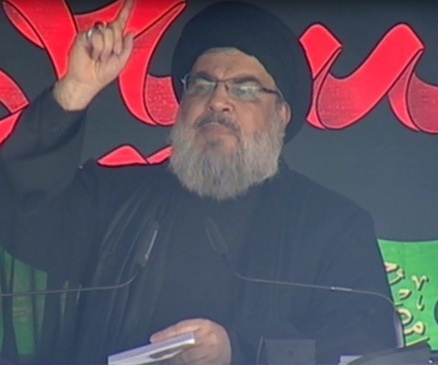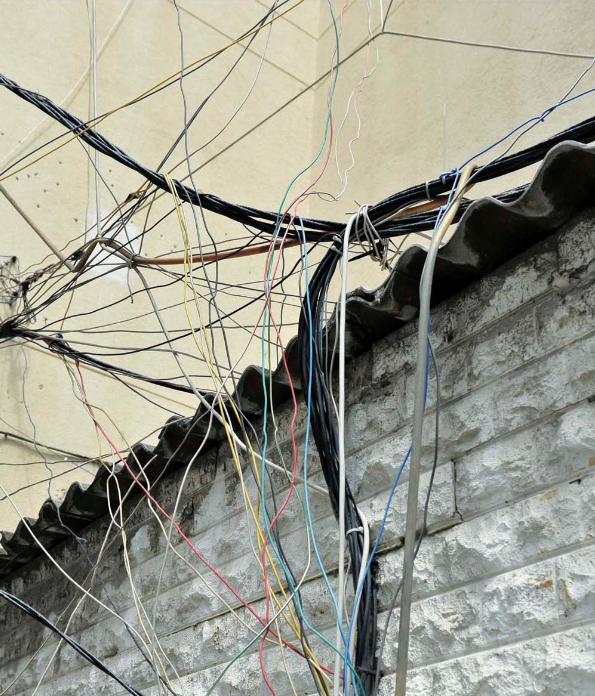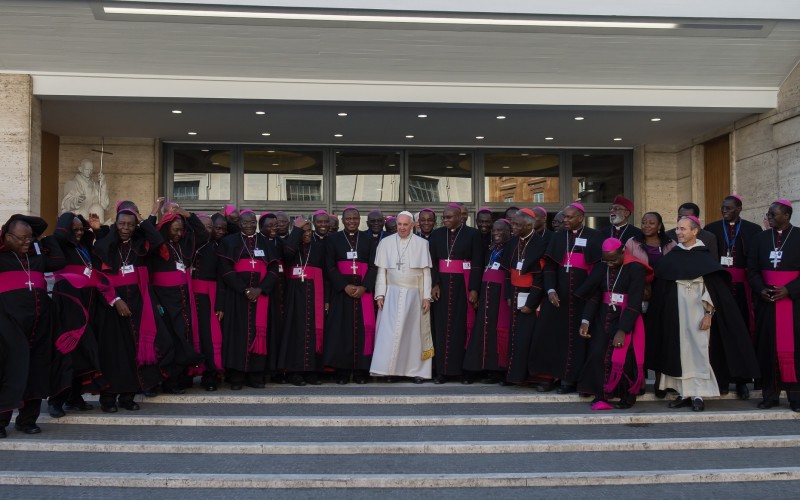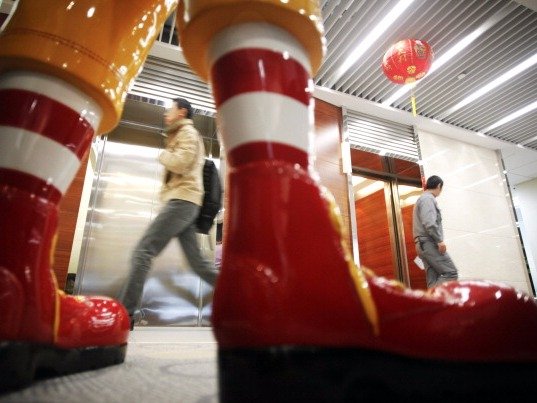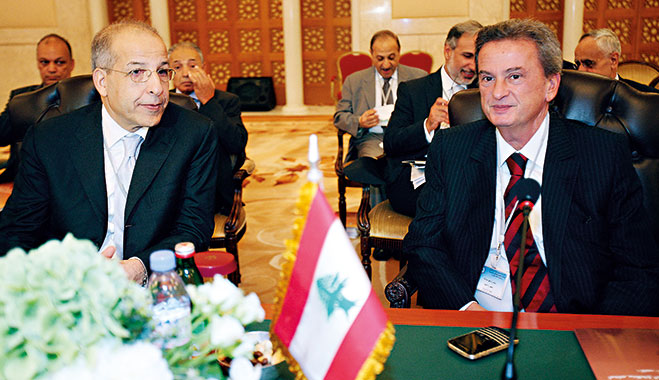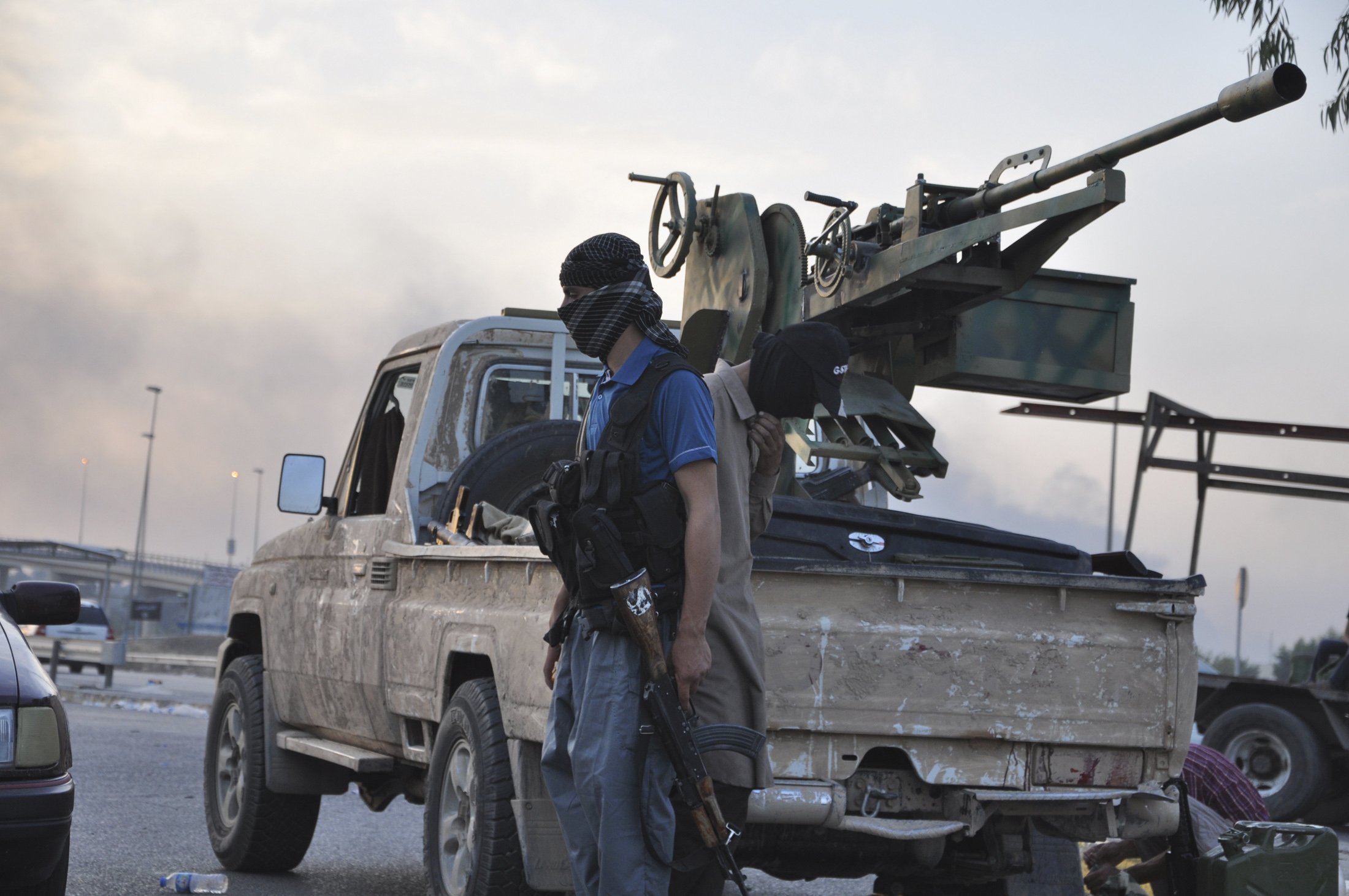While Dubai may be making a valiant play for the title, it is Beirut that has so far served as the region’s de facto design capital.
To understand Beirut’s creative prowess, one needs to look at its history, says Rana Salam, who has been tasked with curating an exhibition entitled Brilliant Beirut for Dubai Design Week, as part of the Iconic City series. The exhibition, which will be shown in Dubai Design District’s building 7 from October 26 to 31, charts the evolution of design in Beirut from the 1950s until the present day, pinpointing the pivotal moments, designers and achievements that have helped build the city’s reputation for progressive design.
Marine remembers 1983 Beirut bombings
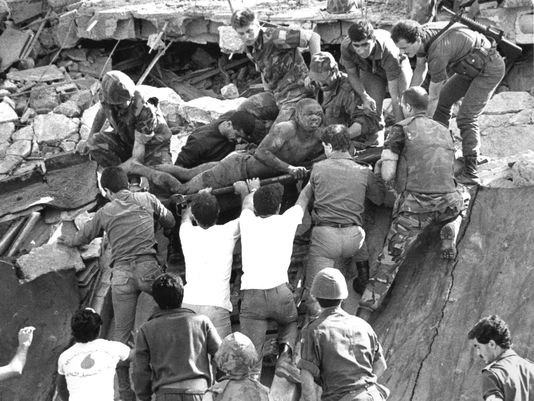
Retired Marine Col. Charles A. Dallachie
For Marines, great victories, great defeats and great sacrifices are never forgotten, but are remembered with battle streamers attached to unit colors. Unfortunately, there are no battle streamers to remember the ultimate sacrifice made in 1983 by Marines, sailors and soldiers in Beirut, Lebanon.
In the very early morning of Oct. 23, a building serving as the command post for 1st Battalion, 8th Marines, was hit by a suicide bomber driving a stake-bed truck loaded with compressed gas-enhanced explosives. The explosion and collapse of the building killed 241 Marines, sailors, and soldiers. Bomb experts who examined the blast site said the explosives, equivalent to 12,000 pounds of TNT, constituted the largest non-nuclear bomb in history. For the Marines it was the biggest loss of life in a single day since the Corps fought the Japanese on Iwo Jima in World War II.
Read more
Lebanese army captures top Daesh commander
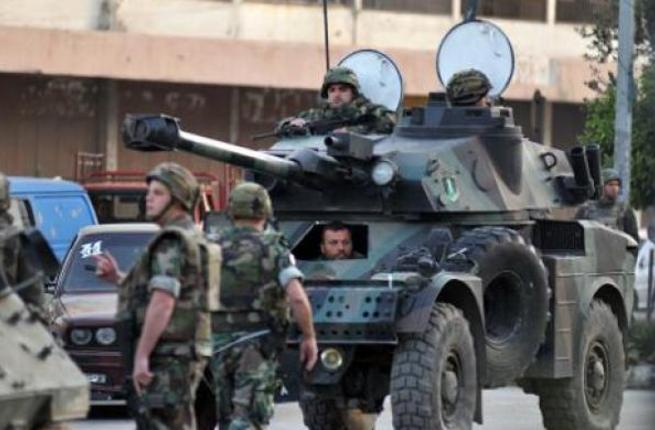
dailystar.com.lb
General Security forces in its battle against terrorism, announcing Thursday the arrest of a prominent ISIS leader and other suspected militants who confessed to plotting bombings and assassinations in the country.
The statement said that General Security, in a surprise operation, arrested Palestinians Z.K., J.K. and A. Kh. over suspicion that they belonged to a terrorist group and were plotting attacks inside Lebanon.
Hezbollah’s Al-Manar TV identified J.K., as Jihad Fadl Kaawash.
Upon interrogation, J.K. confessed to being the “legitimate leader” of ISIS in the Palestinian refugee camp of Ain al-Hilweh.
Read more
Lebanese navy stops second migrant boat in a week
Reuters Lebanon’s navy stopped a boat carrying 35 Palestinian refugees to Turkey on Friday, the second time this week it has moved in to stop people apparently trying to travel on to Europe. The boat, built for just 10 passengers, held 14 Palestinian refugees from Damascus, 21 from camps in Lebanon and a Lebanese citizen, […]
Read more
